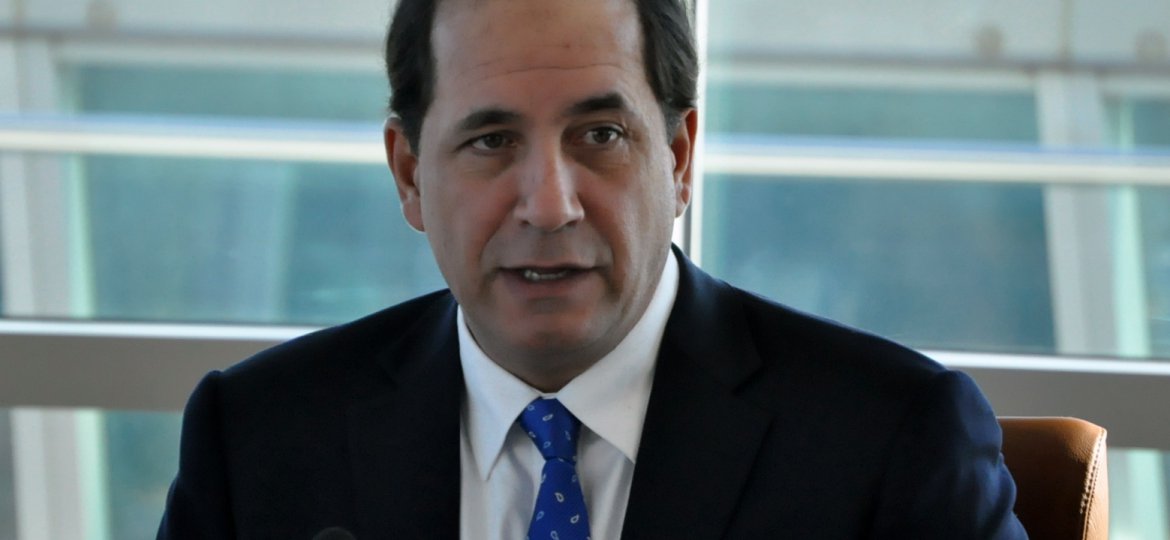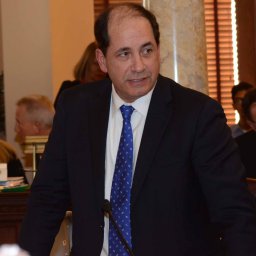
TRENTON – Legislation sponsored by Senate Health, Human Services and Senior Citizens Committee Chairman Joseph F. Vitale that would eliminate the requirement for a healthcare facility to obtain a certificate of need from the Department of Health to develop in-patient treatment beds for patients who have both a psychiatric and a substance use disorder cleared the Senate Health Committee yesterday.
“Often, psychiatric diagnoses and substance use disorders come hand-in-hand, but such diagnoses have no place in New Jersey’s current law in terms of allowing treatment to commence on the basis of dual diagnoses without a certificate of need issued by the Department of Health,” said Senator Vitale (D-Middlesex). “It makes no sense, especially when we are dealing with a raging opioid epidemic in New Jersey and are in need of expanding access to addiction treatment.”
Under the bill, S-2844, inpatient special psychiatric beds designated for services for patients with psychiatric/substance use disorder dual diagnoses would be added to the list of exemptions for the certificate of need (CN) requirement.
Under current law, many facilities must obtain certificates of need from DOH before they are permitted to operate or commence treatment. Current regulations require DOH to publish an anticipated schedule for certificate of need calls for the coming two-year period. Hospitals can apply only after a call for applications. Calls for psychiatric beds, including special psychiatric beds for treatment of co-occurring disorders, are scheduled every two years. The most recent calls were issued for in-patient closed acute psychiatric beds in 2011 and 2008, none of which were specifically for beds for the treatment of individuals with co-occurring mental health and substance abuse disorders. Only one such call was ever issued, in 2000, which led to the creation of Princeton Behavioral Health facility.
The bill cleared the Senate Health, Human Services and Senior Citizens Committee by a vote of 9-0. It next heads to the Senate Budget & Appropriations Committee for consideration.





